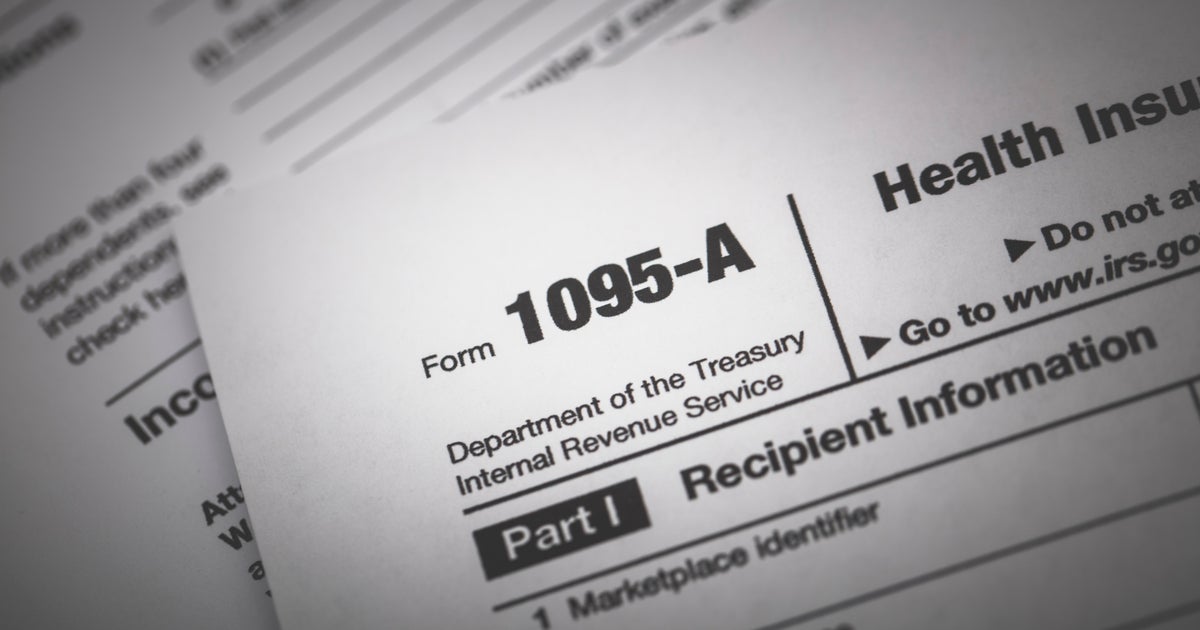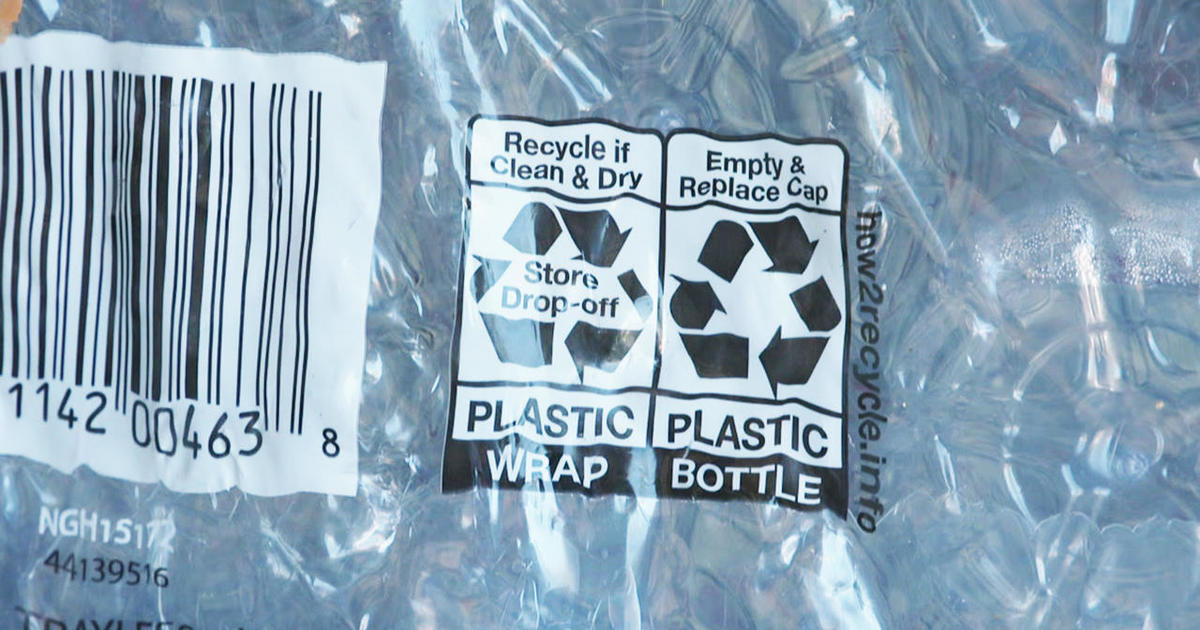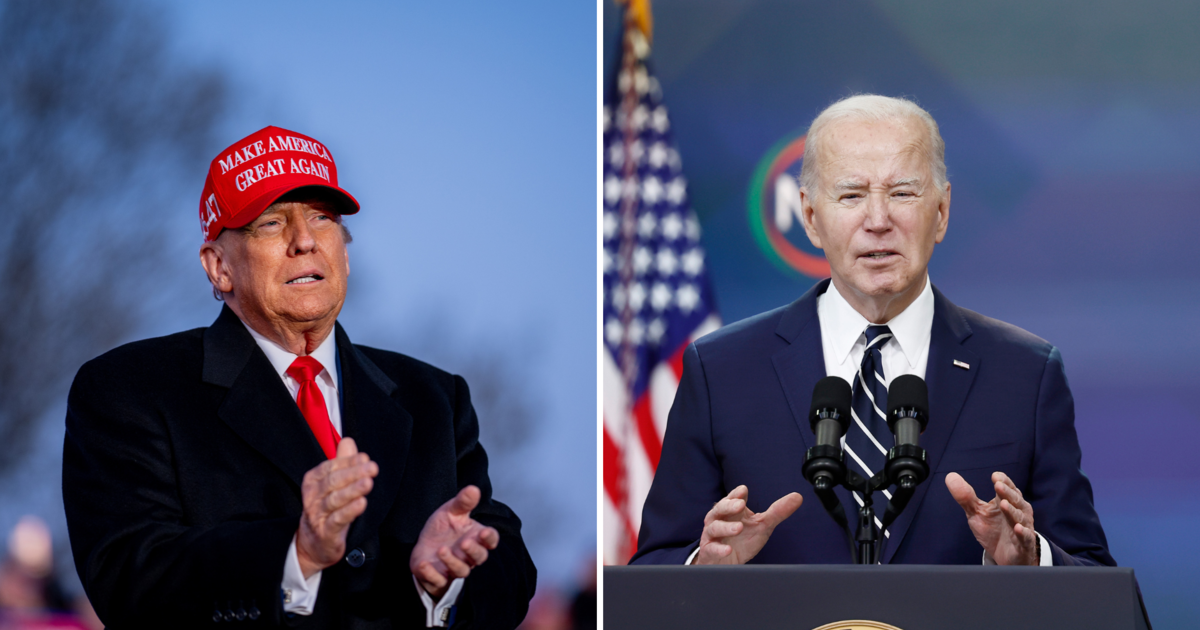CDC recommends COVID-19 vaccine boosters down to age 12
Millions of Americans between the ages of 12 and 15 can now get a booster shot of Pfizer's COVID-19 vaccine, after the CDC formally adopted new recommendations backed by a majority of the agency's outside vaccine advisers.
The CDC now says that Americans as young as 12 who received Pfizer's COVID-19 vaccine should receive a third dose as early as five months after their first two shots. The agency's officials said that enough time has passed for around 5 million adolescents to be eligible.
Currently, a little more than half of Americans in this age group are fully vaccinated.
"This booster dose will provide optimized protection against COVID-19 and the Omicron variant. I encourage all parents to keep their children up to date with CDC's COVID-19 vaccine recommendations," said CDC Director Dr. Rochelle Walensky in a statement.
Walensky's move follows a similar decision by the Food and Drug Administration on Monday. Under federal supply agreements governing use of the shots, vaccinators must wait for both the FDA and CDC's sign-off before expanding booster shot eligibility.
The FDA also acted Monday to shorten the amount of time Pfizer vaccine recipients of all ages need to wait after their second dose before getting a booster, to five months instead of six months — a change that was already adopted on Tuesday by Walensky without the panel's input.
In Wednesday's discussion of boosters for adolescents, some of the CDC's advisers expressed reservations over potential safety risks and the long-term possibility of more boosters to avert future waves of infections, but they also acknowledged the immediate threat posed by Omicron and the need for additional shots to protect younger children.
In the past, the committee has grappled with weighing the risk of myocarditis, a rare but sometimes serious heart inflammation side effect linked to the Pfizer and Moderna vaccines in mostly younger males after the second shot, against generally lower rates of severe disease among children compared to adults.
"We're right in the midst of this new phase where children are affected, and children are affected in large numbers, and that I think until we know, until we get past this peak of Omicron, I'm very much in favor," said Dr. Sara Long, a member of the committee.
Data presented to the committee from Israel, where third shots have been given to residents as young as 12 at least five months after their second shot since August, suggest the odds of myocarditis is lower after the third dose in younger children.
"The booster safety data is very reassuring. By both of the different surveillance methods, we have given over 41,000 doses and, in our follow-up, we have only two cases of myocarditis," Israel's Dr. Sharon Alroy-Preis told the committee.
Alroy-Preis said that preliminary data collected by the country had tracked "a significant drop" in COVID cases after rollout of the boosters for kids, curbing high rates of infection there.
The CDC's Dr. Sara Oliver told the panel that they estimated that around a third of vaccinated adolescents "may return for a booster dose shortly after" the agency expanded eligibility.
"We know that currently demand for pharmacy appointments is high and broadening eligibility could strain this further," said Oliver.
Nationwide, new hospital admissions of children with COVID-19 soared to record highs in recent weeks. The spike now threatens to overrun more than a thousand hospitals that are currently facing staffing shortages, despite growing evidence that Omicron poses a smaller individual risk of severe disease compared to the Delta variant.
"Many children and adults get into the hospital for another reason: an accident, a heart attack, an ulcer, diabetes. And yet, when they get tested in the hospital, they find out that they have COVID," Dr. Anthony Fauci, the president's chief medical adviser, told CBSN last week.
The CDC published early findings last month from a study of adolescents in Arizona through early December estimating that the vaccine's first two shots were 92% effective at curbing infections from the Delta variant. Data collected by the CDC showed rates of cases beginning to climb in November among vaccinated children, though remaining still a fraction of the spread among unvaccinated children.
Health authorities in the United Kingdom reported last month that children there appeared to face a lower risk of hospitalization from Omicron than Delta, but cautioned that the reduction does "not necessarily imply reduced hospital burden" given the sheer number of cases being caused by the fast-spreading variant.
"I think it will allow us to whack-a-mole for another month or too. But this is not sustainable and it's not smart to think that we have to continue to boost to prevent infection or mildly symptomatic infection," said Long.
The decision on booster shots comes at a key time for local officials around the country now dealing with the return to in-person schooling in the new year. Some districts have announced plans to step up other measures, like frequent testing of students, in hopes of limiting the spread of the virus in classrooms.
"I know we've had an Omicron surge, but I still believe very firmly and very passionately not only as an educator, but as a parent, that our students belong in the classroom, and we can do it safely. We have better tools than we had in the past to get it done. We know what works," Education Secretary Miguel Cardona told "Face the Nation" on Sunday.



